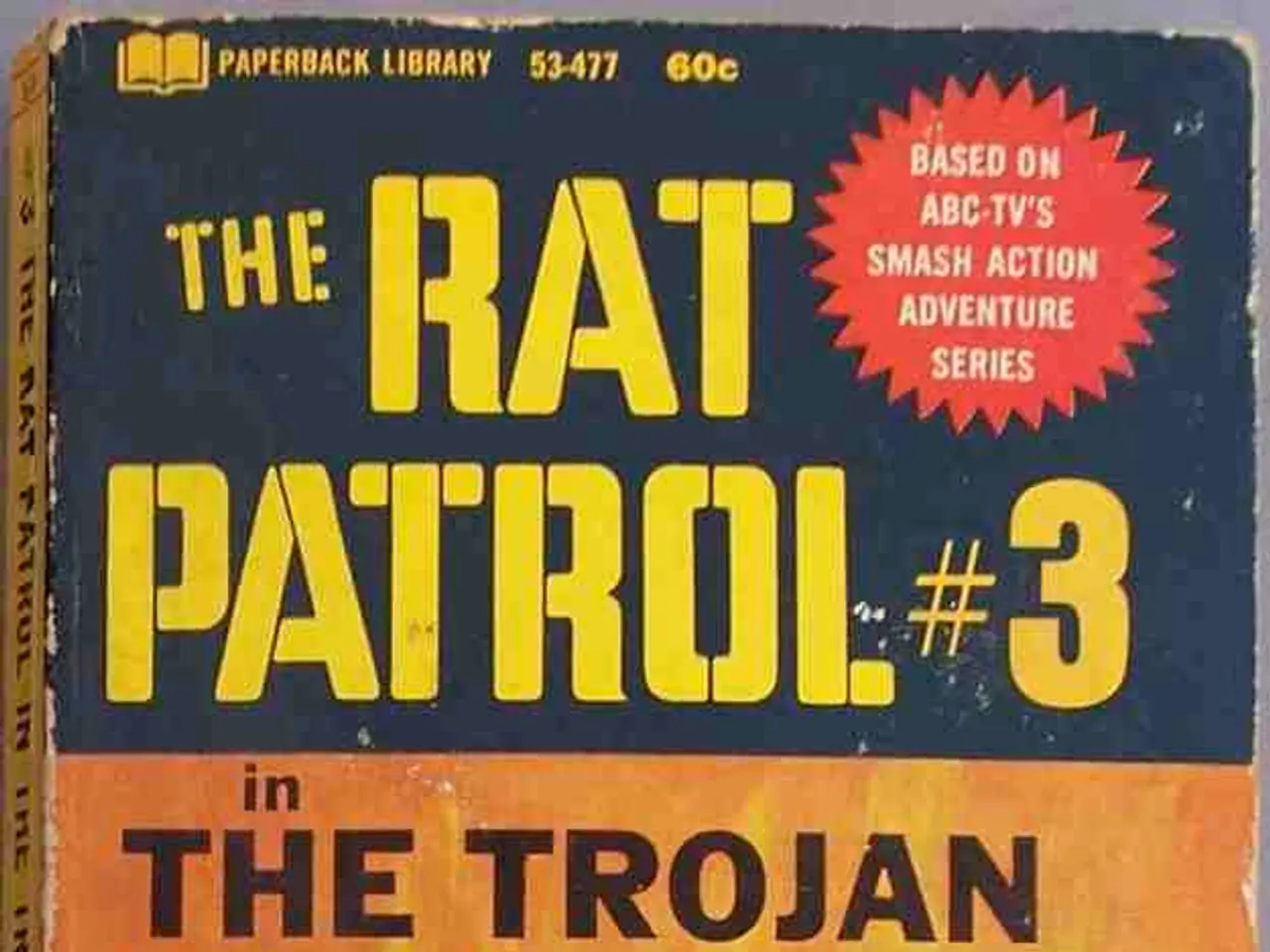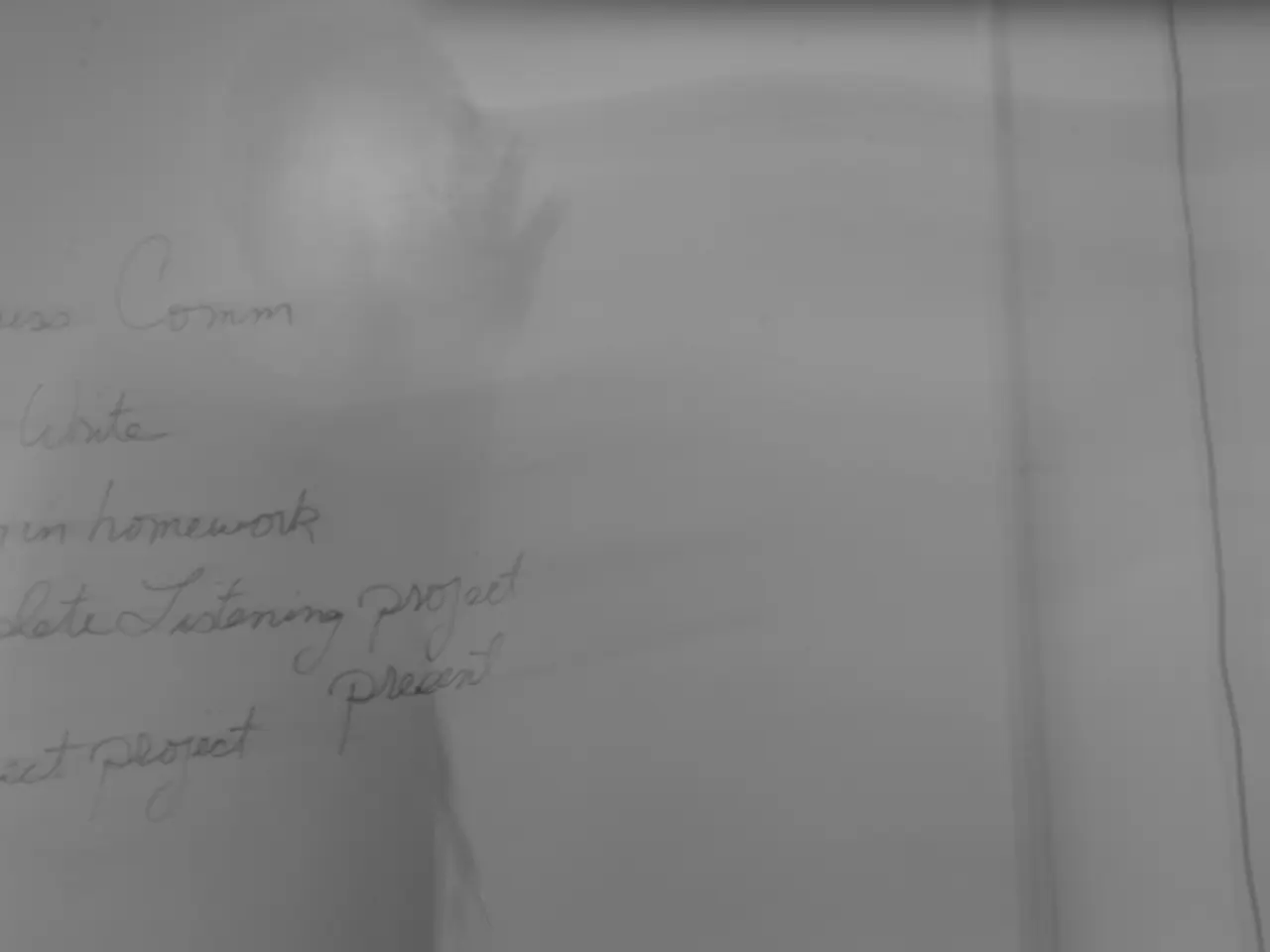Enhanced regulation over diesel subsidy appropriation
In Malaysia, the Ministry of Domestic Trade, Cooperatives and Consumerism (MDTCC) is taking decisive steps to prevent the misuse of subsidised diesel, focusing on technology-driven and data-enabled strategies.
The ministry's efforts include the implementation of an IC-based verification system at petrol stations, ensuring that only eligible Malaysians can purchase subsidised diesel. This restricts access and prevents foreigners or non-eligible parties from benefiting from the subsidy.
Additionally, regulatory bodies manage digital fleet cards or QR-based quota systems to monitor and control subsidised diesel consumption. This tracking helps identify anomalies or abuse of the subsidies.
The ministry is also addressing syndicate abuse, collaborating with state authorities like KPDN Selangor to investigate and combat syndicates that misuse rationalisation systems for illegal gain.
The government’s rationalisation policy ensures only genuinely deserving users benefit from the subsidies, leading to measurable declines in diesel misuse. Ongoing fiscal and institutional strengthening forms part of broader reforms aimed at fiscal discipline and innovation to prevent leakage.
Recently, the MDTCC busted three cases of diesel misuse, demonstrating its commitment to combating this issue. However, enforcement against smuggling of subsidised diesel is challenging due to the state's vast border and numerous illegal paths.
Meanwhile, Wan Uzir, the ministry's state director, presented certificates of participation to five new participating outlets of 'Menu Rakyat 1Malaysia' (MR1M) at Sibu Central Market. The event, which took place in Sibu, Sarawak, was attended by Sibu Central Market Traders Association chairman Yiing Chung Ming, Wan Uzir, and MDTCC Sibu branch chief Balraj Singh. They were present to answer questions from food operators about joining the MR1M programme.
However, the ministry is keeping a close eye on the matter of fishermen misusing subsidised diesel. While some fishermen may be selling off their share of subsidised diesel for fast profits, the ministry can only charge offenders for illegal possession of subsidised diesel, not smuggling, as the jurisdiction lies with the Customs Department.
The ministry's ongoing efforts aim to prevent the misuse of subsidised diesel from becoming rampant and to ensure the benefits reach the target group.
The ministry's ongoing efforts extend to checking the abuse of subsidized diesel in the industry, such as implementing stricter regulations on the use of digital fleet cards and QR-based quota systems in finance. This monitoring helps maintain fair distribution of the subsidies, preventing leakage and richer benefits for eligible parties.
Recognizing the need for broader reforms, the ministry plans to collaborate with financial institutions to develop innovative strategies that minimize the risk of subsidized diesel being exploited by non-eligible parties in financial transactions.




